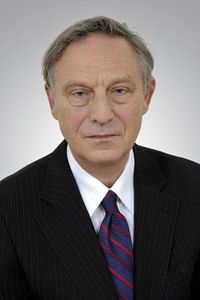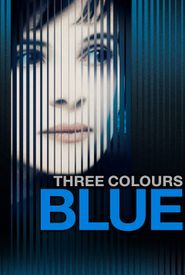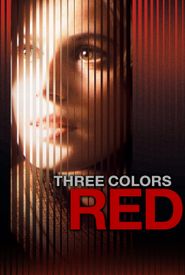Krzysztof Piesiewicz, a Polish individual of notable distinction, made his entry into the world on October 25, 1945, in the vibrant city of Warsaw, Poland. His educational pursuits led him to Warsaw University, where he acquired a solid foundation in the field of law.
Upon completing his studies, Piesiewicz embarked on a professional journey, commencing his practice as a lawyer in 1973. Early on in his career, he dedicated himself to defending individuals who opposed the Communist regime, demonstrating his unwavering commitment to upholding the principles of justice and human rights.
In his capacity as a legal advisor, Piesiewicz played a pivotal role in supporting the Solidarity movement, a powerful force in the fight against authoritarianism. Furthermore, his expertise and dedication were instrumental in securing a successful prosecution of the individuals responsible for the tragic murder of Jerzy Popiełuszko, a martyr for the cause of freedom and democracy.
In the year 1982, a pivotal moment in time, Piesiewicz crossed paths with the renowned film director Krzysztof Kieślowski, an encounter that would lay the foundation for a long-standing and fruitful creative partnership.
This initial meeting would ultimately give rise to a collaborative effort that bore fruit in the form of the documentary-style film No End, released in 1984. This marked the beginning of a creative journey that would span many years to come, during which Piesiewicz and Kieślowski would delve into the complexities of moral and ethical dilemmas that were omnipresent in contemporary social and political life.
Through their collective cinematic endeavors, the duo would go on to explore the intricacies of human existence, crafting a series of films that would not only captivate audiences but also spark profound introspection and self-reflection. These films, including The Decalogue, The Double Life of Véronique, and Three Colors, would serve as testaments to the power of storytelling and the boundless potential of the human imagination.
Throughout their partnership, Piesiewicz and Kieślowski would continue to push the boundaries of cinematic expression, crafting works that would resonate with audiences worldwide and cement their places as two of the most visionary and innovative filmmakers of their time.
Person Biography:
Krzysztof Kieślowski was a Polish film director, born on June 27, 1941, in Warsaw, Poland. He is best known for his work on the Three Colors trilogy, which includes Blue, White, and Red. Kieślowski's films often explored themes of morality, ethics, and the human condition. He was a highly acclaimed director, winning numerous awards, including the Grand Prix at the 1994 Cannes Film Festival.
Piesiewicz's professional partnership with renowned filmmaker Krzysztof Kieślowski extended far beyond the realm of cinematic collaboration, as he simultaneously ventured into the arena of electoral politics.
Beginning in 1989, Piesiewicz started working with the Social Movement for Solidarity Electoral Action (RS AWS) party, marking the initiation of his involvement in the Polish political landscape.
In 1991, his political endeavors culminated in his election to the esteemed Polish Senate, where he served for a period of two years.
Following his tenure in the Senate, Piesiewicz returned to the world of politics in 1997.
Notably, in 2002, the RS AWS party underwent a rebranding, transforming into RS, and subsequently, Piesiewicz was elected as its leader, solidifying his position as a prominent figure in Polish politics.
Piotr Piesiewicz has consistently demonstrated a strong sense of devotion to his Roman Catholic faith, which has served as a guiding principle throughout his professional life. His unwavering commitment to his beliefs has also led him to become actively engaged in various social and political initiatives, driven by a desire to make a positive impact on his community and the world at large.
As a prominent figure in Polish politics, Piesiewicz currently serves as a member of the Polish Parliament, where he brings his unique perspective and experience to the table. Moreover, he holds the esteemed position of head of the Ruch Społeczny (RS) or Social Movement Party, a role that allows him to shape the party's policies and direction, as well as inspire and mobilize others to work towards a common goal.
As a testament to his dedication to his faith and his country, Piesiewicz's work has had a profound impact on Polish society, and his contributions continue to be felt to this day.
Piesiewowski's most recent cinematic endeavors have comprised the film Silence, which premiered in the year 2002, thereby inaugurating a new and distinctive series of films, The Stigmatised.


























